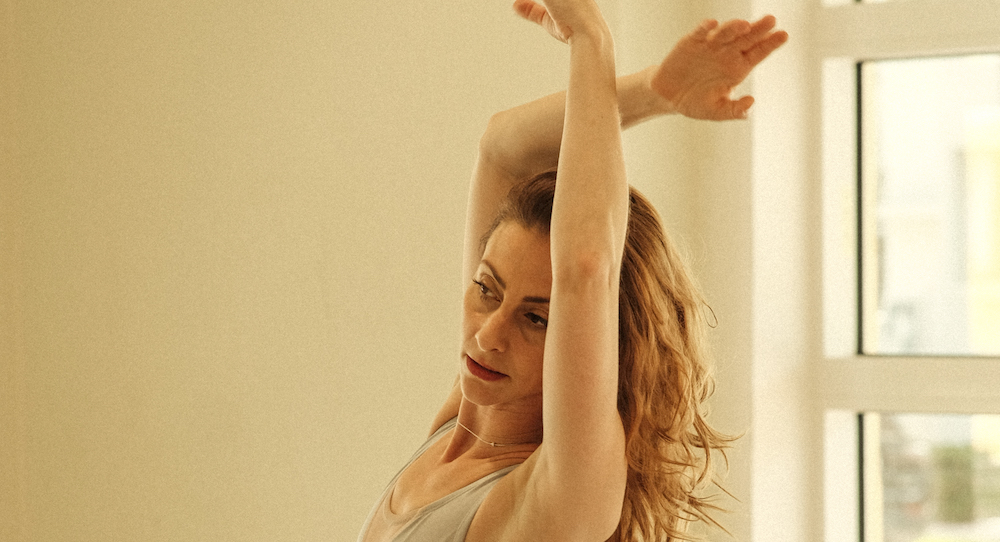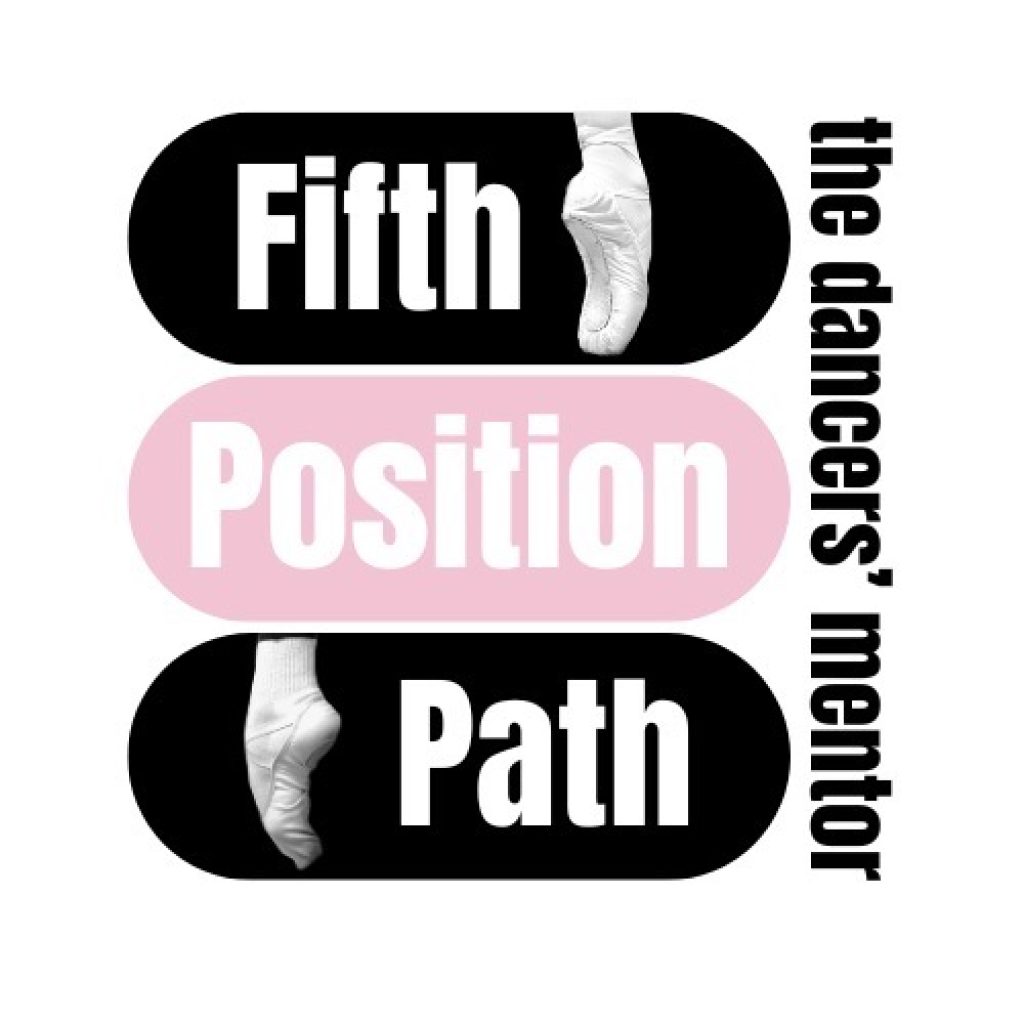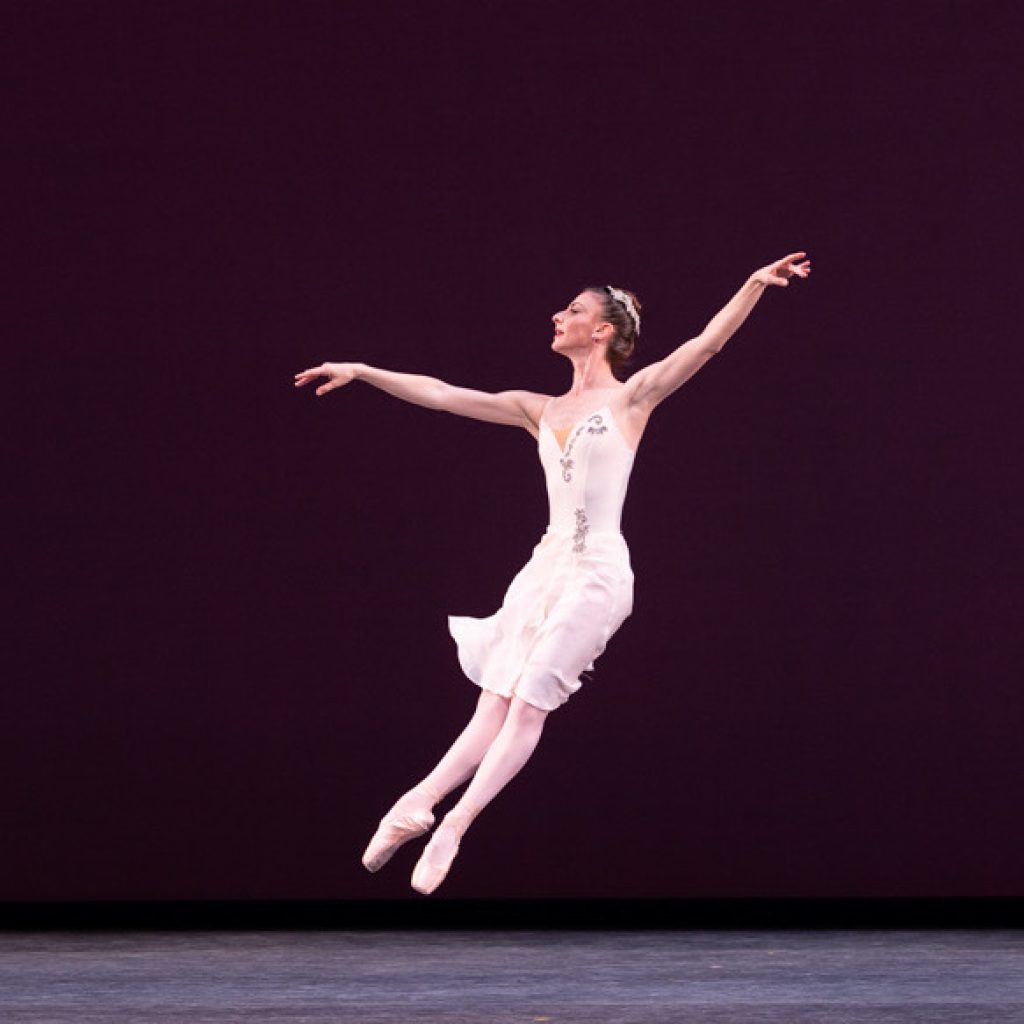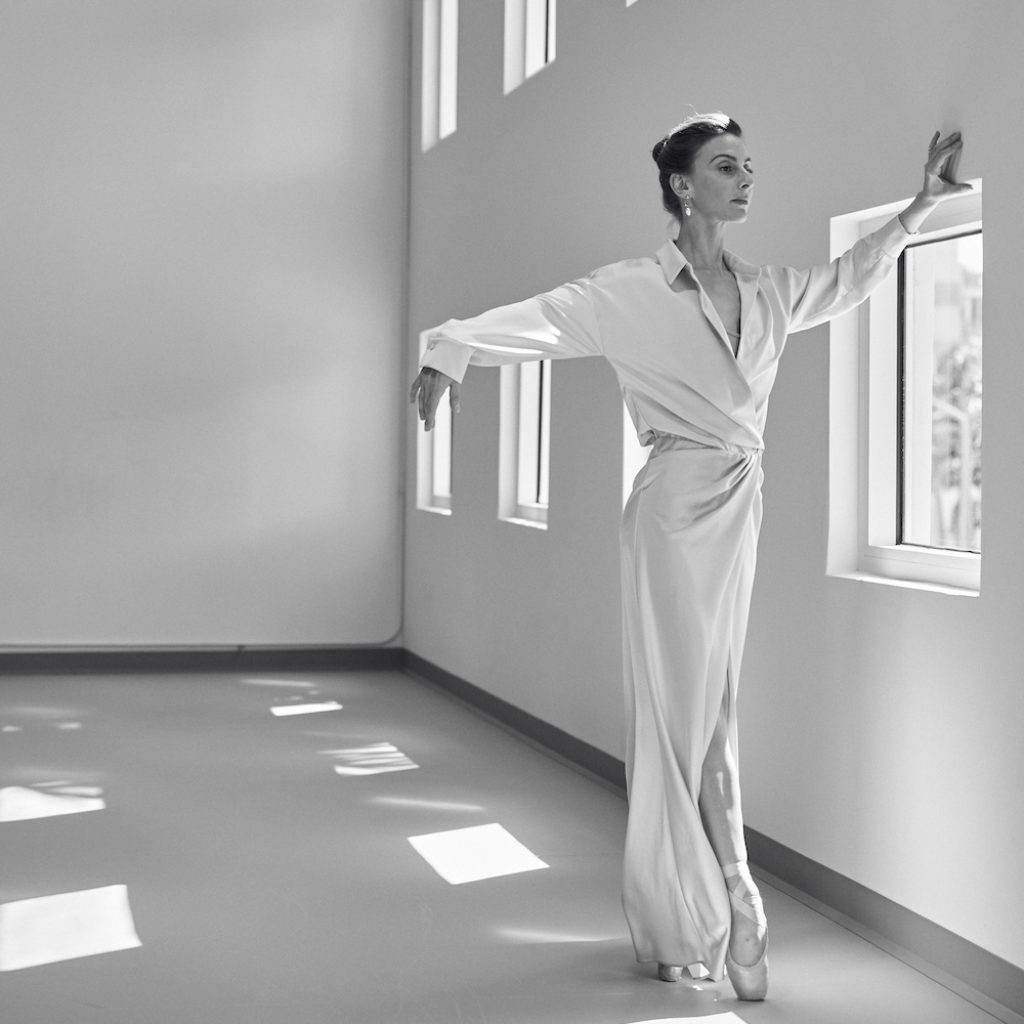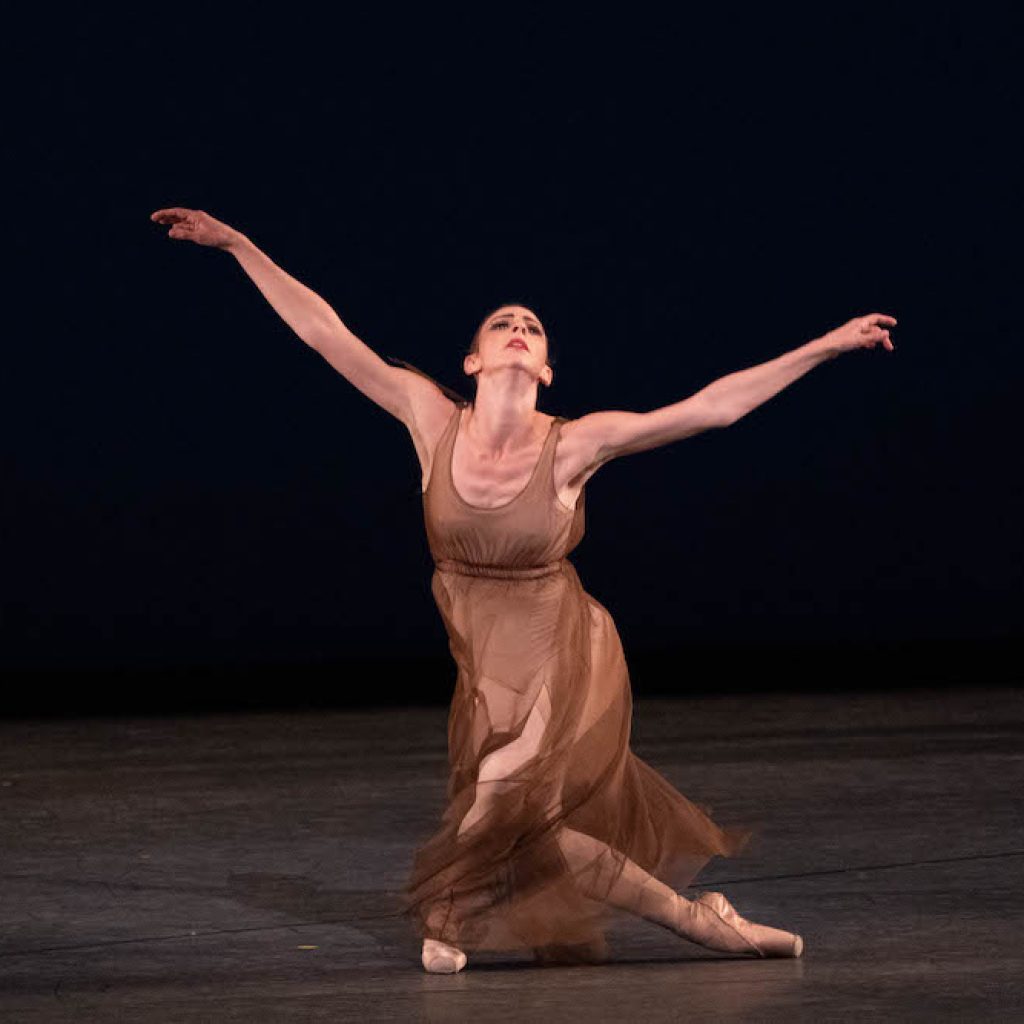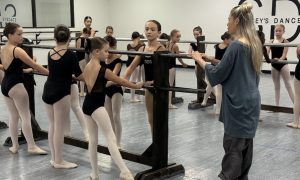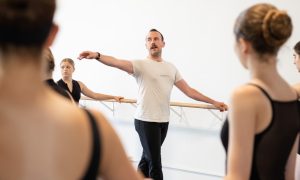Samantha Galler has been doing ballet for a long time. Like so many dancers who end up as professionals, she began dancing as a young child and has had a long career since then. Currently a principal at Miami City Ballet, Galler has taken on a new venture, Fifth Position Path (FPP) – a mentorship business aiming to fill the holes in leadership within the ballet community for dancers and families as they navigate training, job hunting and success in a company setting. With experience in building mentorship programs (she founded and developed an internal curriculum for the pre-professional students of Miami City Ballet School in 2018), Galler seeks to expand the wealth of knowledge she gained over years of working in the industry by sharing what she’s learned.
Dance Informa connected with Galler to discuss inspiration, the merits of mentorship, the specifics of the program and the turning tide of dance education toward a kinder and more holistic experience.
The value of mentorship is undeniable. Many professions include it in advancement tracks and prioritize it as an organizational strength. In the ballet world, mentors had typically been more haphazard and less structured. What inspired you to set up a program to offer this opportunity to students, professional dancers and families?
“I started a mentorship program at the Miami City Ballet School, and it ran for five years. When I realized how much I loved mentoring students (I have just now really started mentoring professionals), I also realized I was learning a lot about myself in my approach. I saw these students go through everything that I had gone through. I brought an understanding about how to be the best dancer you can be, and elevating your best assets within the classroom. I realized I have this passion for helping people understand how they can achieve their goals. I was told, ‘You are not going to dance. You can’t.’ I couldn’t get a job. I kept doing traineeships. I was persistent, though, and that’s what’s led me to create Fifth Position Path, so people can see there isn’t just one option for you.”
How is FPP different from what’s currently out there, in terms of mentorships?
“What I’ve made is different because it’s targeting new corps de ballet, soloist and principal dancers – we don’t have mentorship. It’s just a necessity across the board. That’s why I created this, because it should be integrated into the space as a tool to pair with your career. I wish I had a mentor going into this career. It was just so challenging, but it would have been great to have someone who had lived the experiences to help me navigate or acclimate into new environments. We’re just scraping the surface of dance mentorship. I’m trying to come in and open that space.”
It can be difficult for families to navigate the dance world. Some parents will know a lot about how to manage guiding their child through the twists and turns of ballet education, but most won’t – and that lack of knowledge can restrain the progress of the student. What does FPP offer in terms of family guidance and mentorship?
“We have a melting pot of families and guardians who have very little resources to exorbitant resources. Each of those parents or guardians are trying to support their child, but they don’t understand the dance world. For example, my parents – I’m so grateful for them. They really did drop everything and take me where I needed to go. But my dad was like, ‘I don’t know what she’s doing in there.’ They don’t know. To be able to have a conversation with a family member or a parent will help educate the parents on understanding about why we didn’t move your kid up and how to navigate that conversation, and how to respect the instructors’ viewpoints. Navigating a child who wants to be a professional ballet dancer is really deep. There are a lot of different options, and I think these kinds of conversations would help support parents and be able to have a better, smoother conversation with their child. I think it’s another sense of educating the family on what it means to have dance mentorship.”
In a lot of ways, we’re seeing a shift in dance education toward a more holistic, thoughtful and gentler experience. Asking questions was actively discouraged in my dance training, with the emphasis on being perfect. It sounds like what you’re offering via mentorship programs softens some of these rough edges and helps dancers approach their training and career in a more authentically artistic way. Will dance mentorship help advance this welcome trend?
“Totally! If the student goes in knowing, ‘Okay, I have to be perfect. I can’t ask a question. I can’t this and I can’t that…,’ it’s hard. You have to remember who you are as a person, what your personality is, and that shouldn’t change. That’s who you are. You want to bring that to your dancing. I think the pressure that comes from parents and guardians adds this stress to the child that doesn’t allow them to go in and dance to their fullest or realize their artistic identity until later. Sometimes you see students get completely burnt out by the time they even get into a company.”
Samantha Galler offers a variety of courses via Fifth Position Path to help avoid things like early burnout, family guidance and support, classroom understanding, and navigating moving through the ranks of a company. Visit her website for more information: www.samanthagaller.com/mentorship-and-online-dance-programs.
By Emily Sarkissian of Dance Informa.


